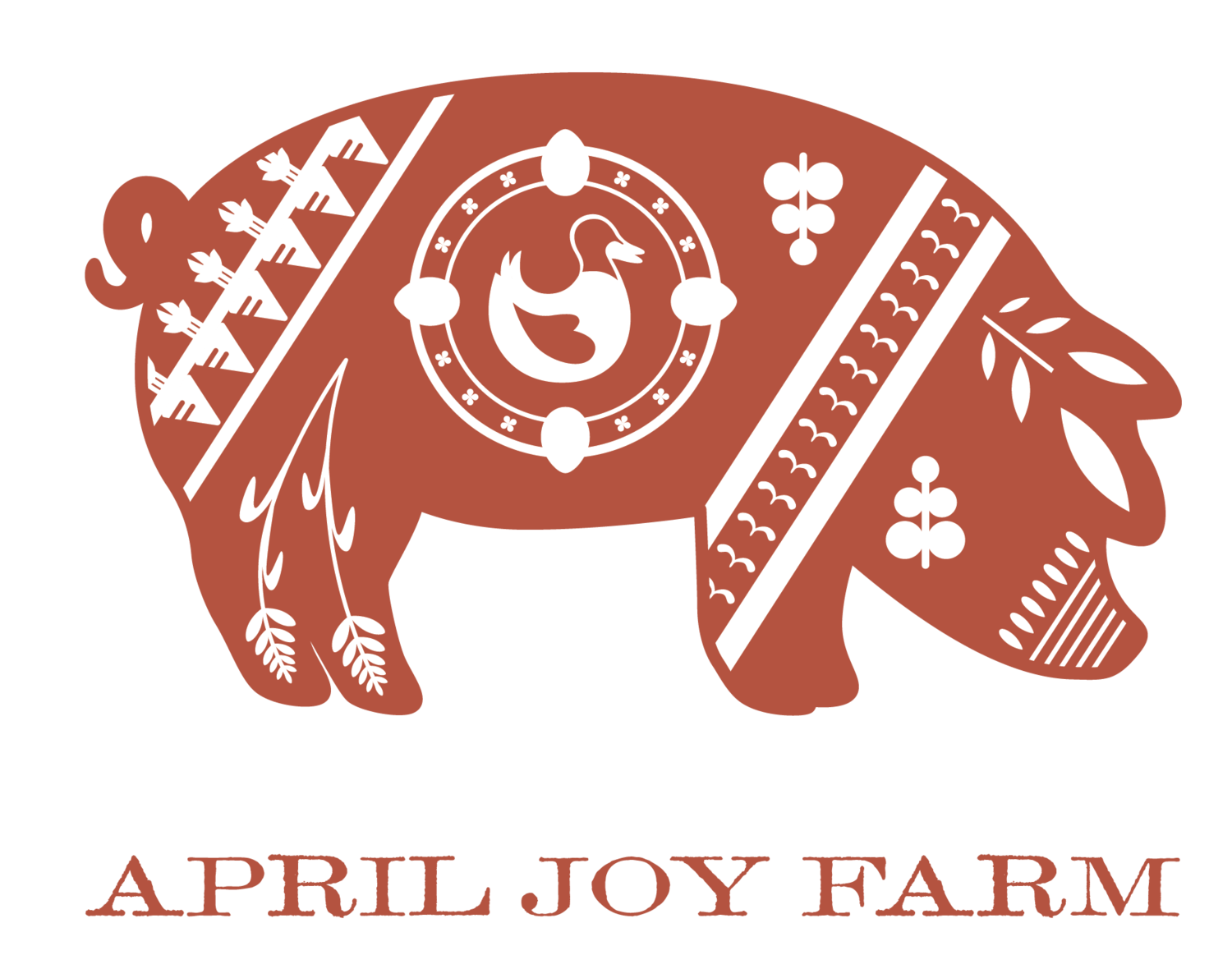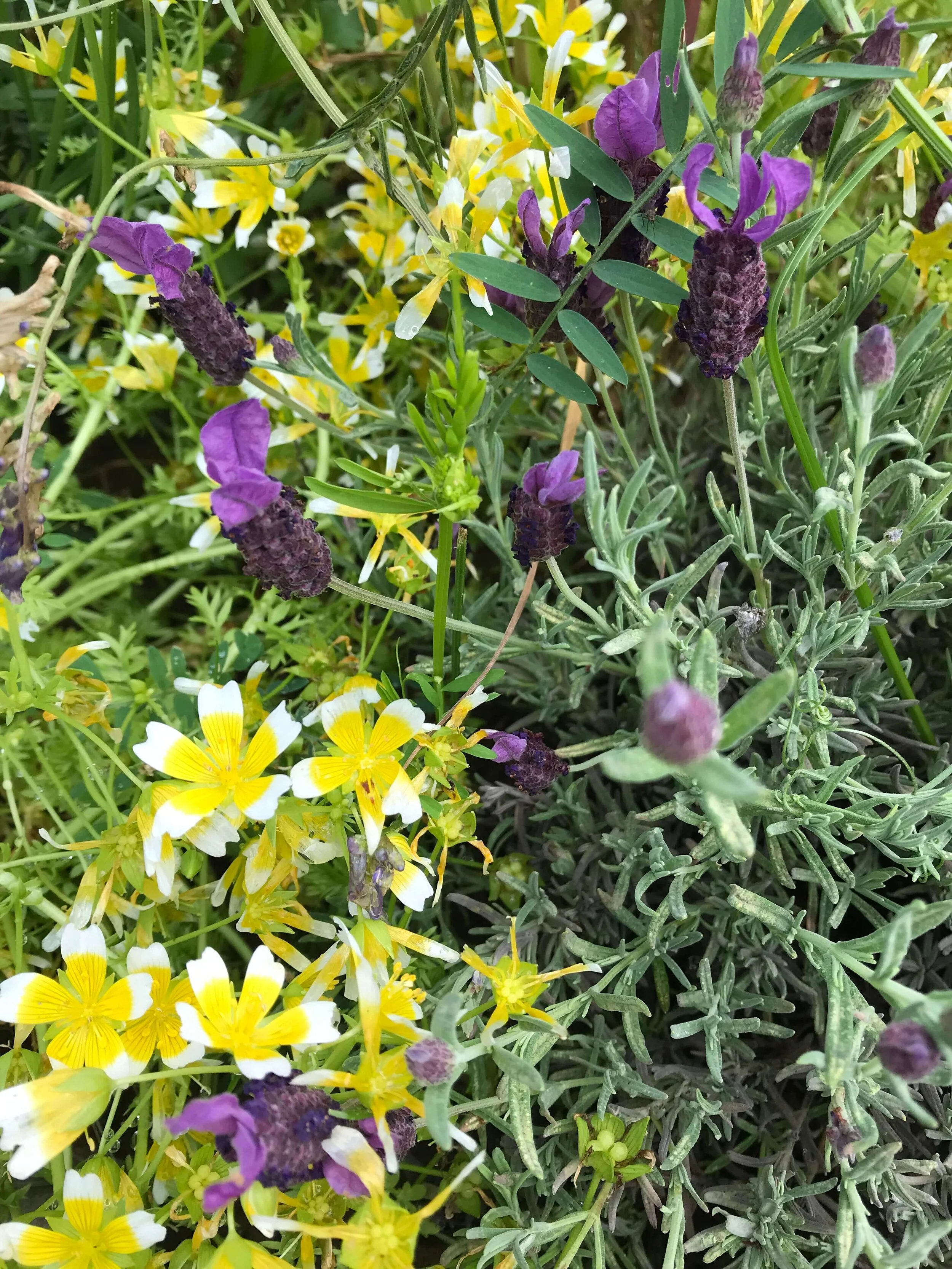Part I | What does Organic Certification Mean for April Joy Farm?
Since day one, I have chosen to have my produce certified organic through the Washington State Department of Agriculture. Unlike the Certified Naturally Grown, Sustainably Grown, and other such labels, The National Organic Program is the only federally regulated label ensuring compliance with a set of uniform national standards. In fact, Washington State was a pioneer in establishing these uniform standards. The Washington Organic Food Products Act was enacted in 1985, and our state began its organic certification program in 1987. By contrast, the National Organic Program was not established through Congress until 2001.
“Organic is a labeling term that indicates an agricultural product has been produced by integrating cultural, biological, and mechanical practices that foster cycling of resources, promote ecological balance, and conserve biodiversity. Use of sewage sludge, irradiation, genetic engineering, and most synthetic fertilizers or pesticides is prohibited.” WSDA Organic Program Website
To be certified, producers must have in place a written document which details the systems and practices of the farm operation. This is called the Organic System Plan (OSP) and for crop producers, it is comprised of fifteen sections, covering things like the sourcing of seeds and seedlings, soil fertility, nutrient management, biological diversity, pest, disease and weed management, farm equipment, harvest and storage, transportation, and even recordkeeping. I am also required to keep a list of every input I use and/or apply to my land-- from the soap for washing my crates, to the fertilizers I till into the soil.
While this voluntary certification process may sound daunting, in actuality I consider it basic good housekeeping. For me, compliance with the National Organic Program standards is the bare minimum—the baseline threshold– for how I want to approach the work of farming. What I mean by this is that ecologically, pragmatically, and from systems perspective, organic farming makes sense.
Creating an OSP for the farm organism is one of the building blocks of our success. Over the years, I hear non-certified producers claim, “the recordkeeping is too cumbersome” or “it is too much work.” These excuses are funny to me, because in no other profession would you hear the management team lament that crafting a business plan or operational strategy is “too much work” or that keeping good records is “too cumbersome.”
I think the OSP is untenable for some because when such a plan is developed with the highest integrity, it forces one to come to terms with many practices that are morally and ethically disturbing. We humans tend to like quick fixes and band aids, and we don’t seem to care much for thinking too hard about the consequences of our choices. Organic farming, by contrast, is not for anyone looking for instant gratification, or for those eager to treat the symptoms in lieu of addressing the underlying problem. There are many challenges and barriers to doing the right thing. The development and implementation of an OSP is the continuous act of holding one’s methods up to the light and asking: am I proud of what I see? And if not, what the heck can I do about it?
My OSP is a roadmap, a living document which provides a comprehensive framework for my craft. I use my OSP to identify opportunities and to establish processes that are both effective and feasible to implement. The resulting records provide me with data I need to make better management decisions, and those decisions are a big part of what keeps my farm in good tilth.
That's what organic certification means to me. ~ AJ
“Integrity is doing the right thing, even when no one is watching.”

